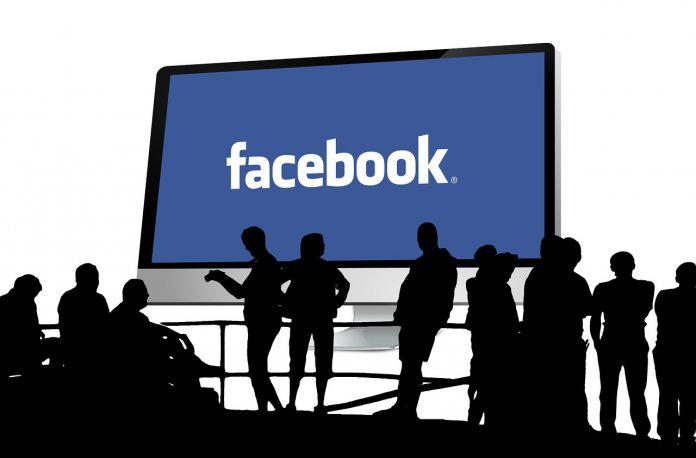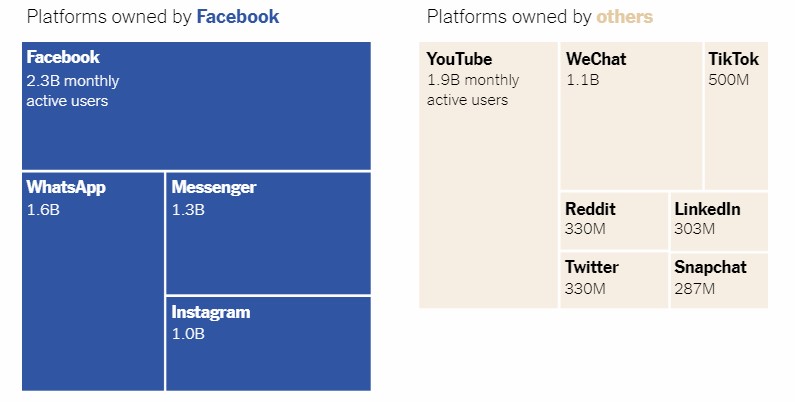“Facebook has earned the prize of domination. It is worth half a trillion dollars and commands, by my estimate, more than 80 percent of the world’s social networking revenue,” he said in a New York Times op-ed. “It is a powerful monopoly, eclipsing all of its rivals and erasing competition from the social networking category. This explains why, even during the annus horribilis of 2018, Facebook’s earnings per share increased by an astounding 40 percent compared with the year before.” “Facebook’s monopoly is also visible in its usage statistics. About 70 percent of American adults use social media, and a vast majority are on Facebook products.” Further, Hughes paints a picture of a Zuckerberg far too human for the power he holds. He says even early on, the CEO’s plan for Facebook was “domination”. He points out the company’s history of largely ignoring FTC consent decrees and the ineffectiveness of fines after negligence. As well as its core social platform, Facebook owns WhatsApp, Instagram, and Oculus. It’s been making moves into connectivity with drones and satellites while making strides in AI. Rather than keeping these properties separate, it’s looking at ways to integrate them. “When it hasn’t acquired its way to dominance, Facebook has used its monopoly position to shut out competing companies or has copied their technology,” warns Hughes. “… Facebook seeps into every corner of our lives to capture as much of our attention and data as possible and, without any alternative, we make the trade.” Being formerly associated with the company, Hughes motivations aren’t completely clear. The co-founder left in 2007 to join Barack Obama’s presidential campaign. he purchased a minority stake in The New Republic in 2012, but it was a largely unsuccessful venture as he reportedly drove out long-term editors and prompted resignations.
Controlling the Speech of Millions
However, it’s worth noting that Hughes is not alone in his opinion. It’s one many in the tech industry have shared, and one even Congress has hinted at. While competitors like Snapchat and Twitter exist, Facebook’s properties dwarf them. The concern is not just one of competition, but of free speech. With billions of eyes on its feeds each day, the company could theoretically adjust them to suit its biases, intentionally or not. In the past, Zuckerberg has admitted he has too much control over free speech and even called for regulation. However, Hughes calls for a monopoly break up is more extreme. He believes Facebook should be split into multiple companies, undo the Instagram and WhatsApp acquisitions, and ban further purchases. His wishes echo that of Senator Elizabeth Warren, but critics say such a move would do little. They believe splitting up the company would not break Facebook’s monopoly because it’s present through high setup costs and economies of scale, this eventually benefits users through a lower cost. “The financial rewards I reaped from working at Facebook radically changed the trajectory of my life, and even after I cashed out, I watched in awe as the company grew. It took the 2016 election fallout and Cambridge Analytica to awaken me to the dangers of Facebook’s monopoly,” ends the Facebook co-founder “…Mark Zuckerberg cannot fix Facebook, but our government can.”





